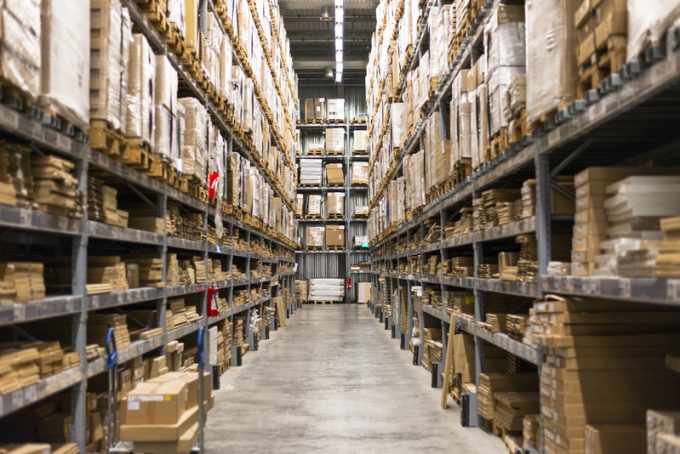Airlines rethink strategy as ecommerce to US begins decline
Shippers and forwarders are waiting to see how airlines manage their capacity before locking into ...

Forwarders are predicting “mega-congestion” in the next couple of months, as they attempt to do the opposite of their normal job, and slow the flow of freight.
As shop, factory and plant closures continue around the world, the name of the game now is to keep inventory where it is – increasingly difficult as terminals, yards and warehouses become congested.
“Distribution centres in Europe are geared around imports and can hold a maximum of two to four weeks’ worth of stock,” said ...
'Disastrous' DSV-Schenker merger would 'disrupt European haulage market'
'Chaos after chaos' coming from de minimis changes and more tariffs
List of blanked transpac sailings grows as trade war heats up and demand cools
Shippers in Asia restart ocean shipment bookings – but not from China
India withdraws access for Bangladesh transhipments, in 'very harmful' decision
'Tariff hell' leaves industries in limbo – 'not a great environment to plan'
Asian exporters scramble for ships and boxes to beat 90-day tariff pause
Temporary tariff relief brings on early transpacific peak season
Volumes set to 'fall off a cliff' as US firms hit the brakes on sourcing and bookings
Pre-tariff rush of goods from US to China sees air rates soar, but not for long
De minimis-induced ecommerce demand slump could cripple freighter operators
Forwarders 'allowing the fox into the chicken run' by supporting 'hungry' carriers
Hapag 'took the bigger risk' when it signed up to Gemini, says Maersk
Navigating tariffs: 'like trying to solve a Rubik's cube while colour-blind'
'Restoring America's maritime dominance' – stop laughing at the back of the class

Comment on this article